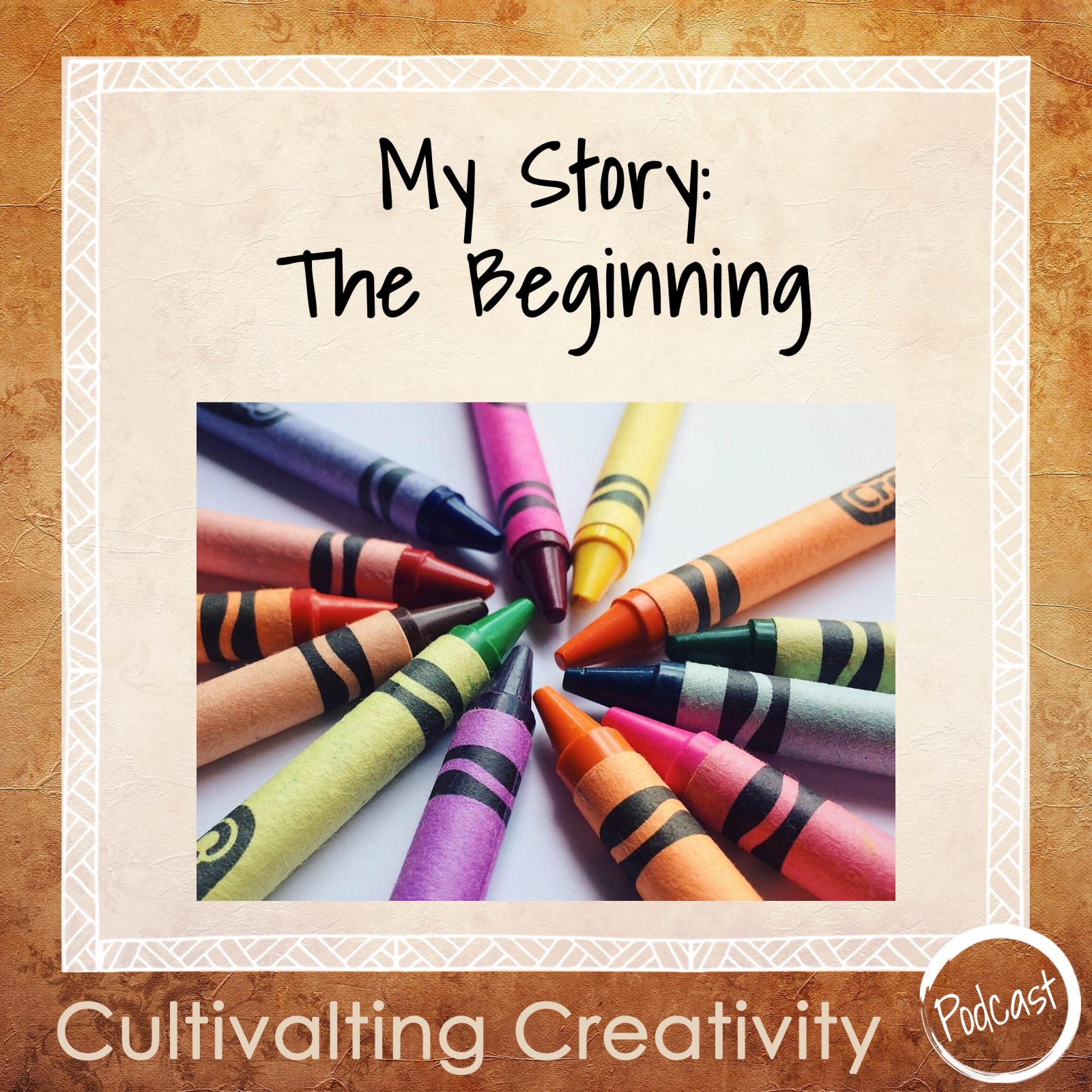
Show Notes
Summary:
This episode presents a brief glimpse into My Early Life and explores some of the experiences that shape my future as an artist. It will give you a sense of my foundational values and their origins. It’s fun to track some interests and motivations from an early age. And if you are a reader like me, there is nothing like the first book of a series that begins a new adventure!
created by a human
Episode Transcription:
[00:00:00] Welcome, I'm Kristi Backman. This is my podcast, Cultivating Creativity. It's about helping you build your creative life. Giving creatives a way to make space for artistic growth through the insights for the mind of an artist, instructor and art coach about the creative process and living that crazy creative life.
[00:00:27] This episode presents a brief glimpse into my early life and explore some of the experiences that shaped my future as an artist. It will give you a sense of my foundational values and their origins. It's fun to track some interests and motivations from an early age. And if you're a reader like me, there's nothing like the first book of a series that begins a new adventure.
[00:00:51] What do you want to be when you grow up? That question gets asked a million times. And my answer was always from the time that I was very small. An artist. I've always wanted to be an artist.
[00:01:05] As a kid, one of the coolest things ever was a brand-new pack of crayons. And if you were really lucky, it was the 64-pack with the sharpener in the back. That was always my favorite. And my mom always told me that broken crayons and used crayons worked just as well. And they do, but there's nothing like new art supplies.
[00:01:29] One of my favorite memories as a kid is drawing on the back of my dad's blueprints. So, my dad is a landscape architect. when I was little, he would let me draw on the back of some of the older blueprints. And, let me tell you, there was something just magical about drawing on something that was as big as me. It just felt like the possibilities were endless.
[00:01:54] I also remember as a kid, while I loved to draw, I never really liked coloring books because surprise, surprise. I didn't like coloring in someone else's lines.
[00:02:04] But I also remember this need, I wanted to make something. And I remember asking my parents and saying, I wanted to make something. And they would ask me, well, what do you want to make? It's like, I don't know, but I just want to make something, not just draw something. My mom got me an activity book and I did a couple of the activities, one I remember was making a snowman out of cotton balls or something. And it was okay. But again, it was very much like coloring inside someone else's lines.
[00:02:31] And so that wasn't quite for me. since I couldn't really articulate the need that need went on hold until much, much later when I was in art school. So, I really just focused on the drawing.
[00:02:45] Another thing I wanted to mention are art teachers. One of the things that I think is so impactful that I've always been cognizant of as an art instructor is the power of the teacher. Some kids may or may not take things as seriously, especially depending on the age or their interest in the subject and how much authority they grant to that teacher. What teachers say can really be impactful. And I had some great teachers. I had some good teachers, and I had some not so fabulous teachers.
[00:03:18] I remember a teacher in junior high. Who commented on one of my pieces telling me it was really good. And I thanked him and said that meant a lot to me because. Because I was going to be an artist when I grew up. And he laughed. He just laughed at me. reflecting now as an adult. I know that some of that may have been his frustration. Some of that may have been just the fact that he'd heard that a million zillion times. But the fact that he didn't take me seriously, really hurt my feelings.
[00:03:48] But I also. Remember having some really encouraging teachers. Who, when I expressed my dream, they were like, okay, it's going to take a lot of hard work.
[00:03:58] My best experience was actually in high school in Omaha, where I grew up, we had the option back in the nineties of picking what high school we wanted to attend citywide. And there were a number of high schools and it felt like today's college selection, they had open houses, and you could go see the high school, see what they had to offer. And a lot of the high schools had a different emphasis much like colleges and of course I picked Central High School, which was literally next door to the Art Museum. And it's a beautiful, old building with creaky wood floors and four stories. The art teachers were really encouraging and said, we do field trips over to the art museum and I'm sold. It was funny because it was an inner-city school nowhere near where I lived and was going to be a bit of a commute. But I had no question in my mind of where I was going to go.
[00:04:52] I had some amazing art teachers there. Mr. Andrews was one of my favorite teachers, what I remember about him specifically is he was very encouraging, but he would push me out of my comfort zone. Some cases various specifically, like there was this one drawing that I wouldn't go dark enough with and then he literally just took my pencil and scribbled on it. And he's like, now you have to fix it. You have to get dark enough to fix that. And I personally have a boundary where I will not draw on my students' drawings, but I was so glad that he did that because I think that was the only thing that was going to push me further at that moment in time. And that ended up being one of the best drawings that I did, during my career there.
[00:05:35] I told him that I wanted to be an artist. And of course, when you're looking at college, they take you a little bit more seriously, but I remember he would very seriously say x number of people in high school go into college for art and then X number of those people would go to grad school and then X number of those people actually make a living doing art. I remember telling him, I'm going to be one of those people. And he's like, okay, but it's going to take a lot of work. And I said, okay. I can do that. So, I owe a lot to Mr. Andrews, it was just such a wonderful experience.
[00:06:08] It was really starting in high school where I learned about the idea of grad school. We would watch videos or interviews of artists and I remember thinking I'm going to go to grad school too, because that seems to be where it really pushes inward. And you really start to refine your ideas because I remember so many of those interviews, the artists said, it was grad school that I really started to dive into this or that. And that really impacted how I thought of art education.
[00:06:36] My parents were wonderfully supportive. Of course they ask the questions the parents ask, like, what are you going to do? How are you going to make money? But I just never was really that worried about that. They always encourage me to follow what I was interested in doing. I remember my dad gave me his drafting table from when he was in college. And I still have it to this day in my studio.
[00:06:59] So just having that encouragement, being a teacher. I know that so many students are going against the grain with that, where they don't have support at home. And so, I’ve always been eternally grateful to have that support.
[00:07:12] When I first went into undergrad, I really wanted to teach art. I went to art education my very first semester of freshman year. And then we did this practicum where we did an observation. I remember we went to this grade school and watched the teacher. I remember thinking, this is babysitting, arts and crafts style.
[00:07:32] I'm not trying to demean any art teachers out there because thank goodness you're out there doing what you do, but I just knew that it wasn't for me. So, I changed my major to studio art and started to follow that path.
[00:07:46] College was interesting I had a really good experience at UNO. And their art department was well-rounded, and I had some really great teachers there too.
[00:07:56] I had a wonderful painting instructor, Barb Simcoe, who was just so supportive. She was really patient with me, I really enjoyed painting And I wanted to do more sculpture, but to be honest, the sculpture teacher I had was very “the form is the form and you don't paint the form or manipulate the surface” I always wanted to create things and then make them colorful. And I think that's really what my instinct was as a kid, when I was like, I want to make something, but I also want to draw. And that's really what I do today, but it took a long time to get there. And honestly, the reason I have a painting degree instead of a sculpture degree is because my painting teacher let me create dimensional pieces and paint on them. My sculpture teacher wouldn't let me paint on my pieces.
[00:08:46] I remember in painting class feeling just so constricted by this rectangle, like I was trapped in this rectangle, and I literally needed to break out of the box and my first instinct was to add mixed media elements on top that would break that picture, plane edge. Then as I went, I started building wooden structures that I would paint on. But it wasn't until much, much later where I found the medium, that was really the solution to my aesthetic.
[00:09:15] When it was time to pick grad school, which I had already decided I wanted to do. Talking to my painting teacher she just said “Kristi, it really depends on what you want out of your life, you need to think about your whole life.” The research I was doing, and everything said I needed to move to New York because that was the art center. But the thing is I've never been a big city, big crowds’ kind of person. And the idea of moving to New York didn't sound fun to me, what that led to is I've always loved the mountains. My family used to go to Estes Park with my dad's side of the family every other year. And I always loved going to the mountains so that's what I did. I went to grad school at Montana. So, I really looked at grad school more about where I wanted to live. And then assuming that the art would resolve itself. Because honestly, I've been really lucky up until that point. I had a great experience in high school. I had a great experience in college. I just assumed that was the way that it went and that I just had to pick the right place for me.
[00:10:21] What's interesting is now if I were to give suggestions to students who are looking at grad school, I would give them similar advice, but I would also tell them to really get to know the department and understand the teachers in the department. Because that's going to impact your experience quite a bit. I am forever grateful of my experience in grad school. I really am, but it was one of the most challenging experiences I have ever had as an artist.
[00:10:50] Because before when I was able to explain to teachers what I was trying to do, they were very supportive. But these instructors didn't quite understand my aesthetic and honestly, from an adult perspective I can say that I wasn't a good fit for that department. I really just wasn't.
[00:11:09] The professors there did not align with what I was doing. And so it didn't really make sense and trying to explain to them what I was trying to do. It never connected. But the good thing about this is that I was constantly having to define what I was doing. And defend what I was doing, which I'd never had to do before. And it was really good for me. I really had to drill down and look at my art and say, why is this important? Am I willing to give this up? Am I willing to defend this?
[00:11:41] Because at the time, why the mixed media, what are you bringing to the table with using this other media? Because I am trying to explore different ways to create these forms that I see, because I'm really interested in form. As the basic structure and then creating a surface. And the other thing was they were always questioning why it needed to be aesthetically pleasing. They said, my work was pretty, why does it have to be pretty, what am I trying to communicate with that? So, it was just really, constantly butting heads. And in the end, when I got to this point where I just was tired of fighting. I knew what I wanted to do. I wanted to explore some different media, but in the constraints of school, I wasn't really going to have the time to do that. And so I went to my advisor, what can I do here? How much longer do I have left? What is the reality? And they said, well, you know what, if you want, you could graduate next semester with an MA instead of your MFA. To get your MFA, you need to stay, next semester and then a whole other year. And then I looked at the cost and the time. So, I really thought about it a long time and I decided that I had three choices. I could get the MA and just get done and then have the freedom and flexibility to actually explore what I wanted to, without having to defend it to someone else. Or I could find another school in which I would align more with their ideas. And I could find some more support. Or I could, hang in there for another year. And when I put it like that, it was a very easy decision. I didn't want to go start over somewhere else. I was just at a point where I was ready to do my own thing. And so, I decided to do the MA instead of the MFA.
[00:13:30] And I have to admit my ego regrets this at times, just because it is a lesser degree, but looking back. It was the best decision I could've made. Because I was able to get done and then really start exploring and playing with some of those ideas of what do I want to do with this? How do I want to make this work?
[00:13:53] And the funniest thing is when I finally put my thesis show together, if you're familiar with grad school, what you have to do is you put together a show, you write a paper, about the work that you create and present your concepts, your themes. So, I do have a written thesis paper. I also had a thesis show. Then you invite your faculty committee for an oral defense where they ask you questions, and you have to answer them, and they basically grill you.
[00:14:24] Well, the good news is I had been defending my work for so long that I was really grounded in what it was about. And what was important to me. And so I had a really strong experience with that. And then the most amazing thing happened. I had a couple of teachers specifically who were like, we finally get it. This is amazing. They asked me to stay for another year and get my MFA so it was really rewarding to have that acknowledgement. It was a good experience. I am forever grateful for that experience because it has helped me be very strong in the foundation of my art. When I left grad school, I still knew that I hadn't quite found my media yet. And I needed to find my media. And now I have the freedom.
[00:15:13] So that concludes the early part of my story. I just have to say, I love learning about artists, learning about who they are as people also gives unique insight to their art and makes them more real. I hope you enjoyed this insight and that it provides more understanding of where I'm coming from both personally and artistically.
[00:15:33] Tune into the next episode where I discuss my art career, thus far.
created by a human
After my parents listened to this episode my dad sent me these pictures. They remembered my need to "build" things. Here I am at 4 and a half, very satisfied with the zoo I built :)
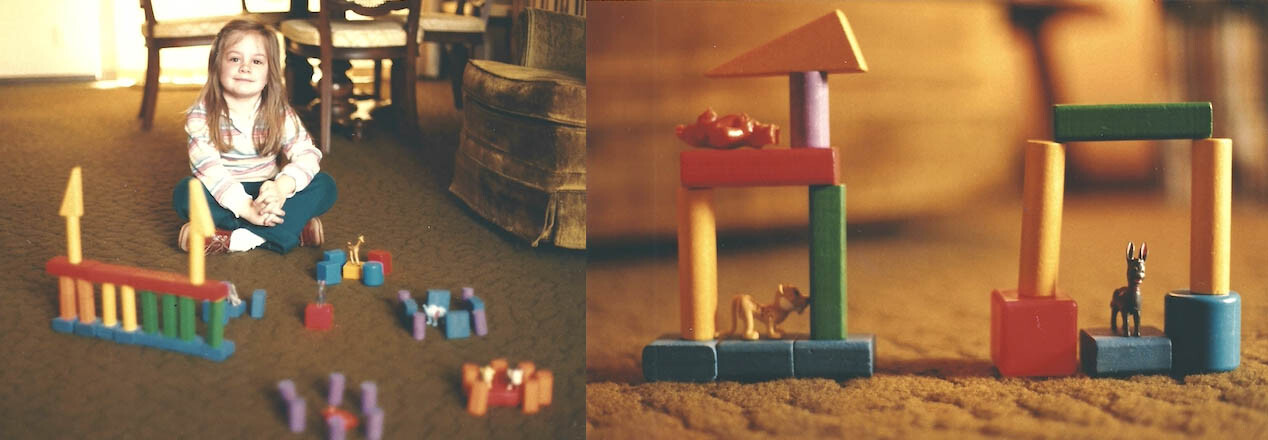

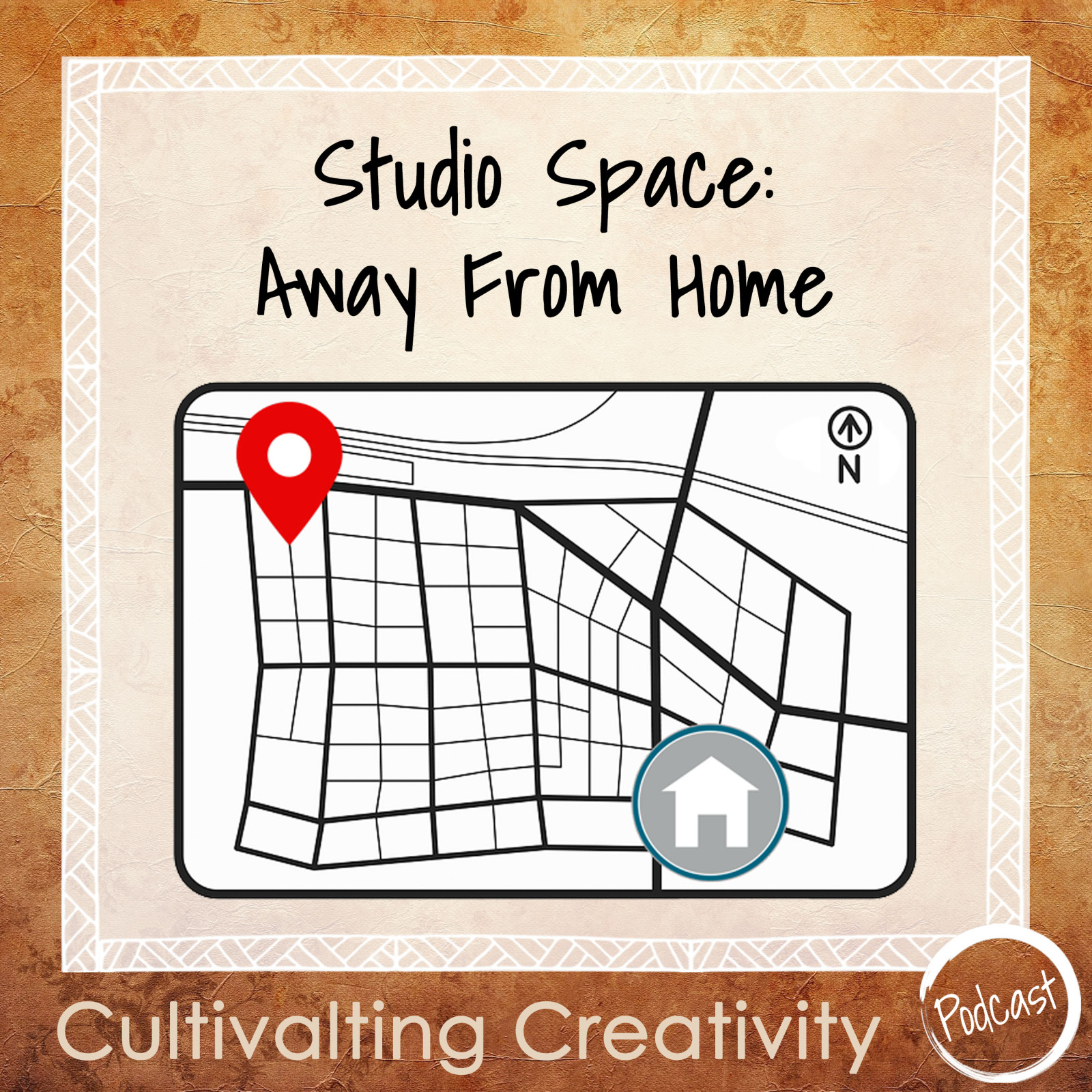
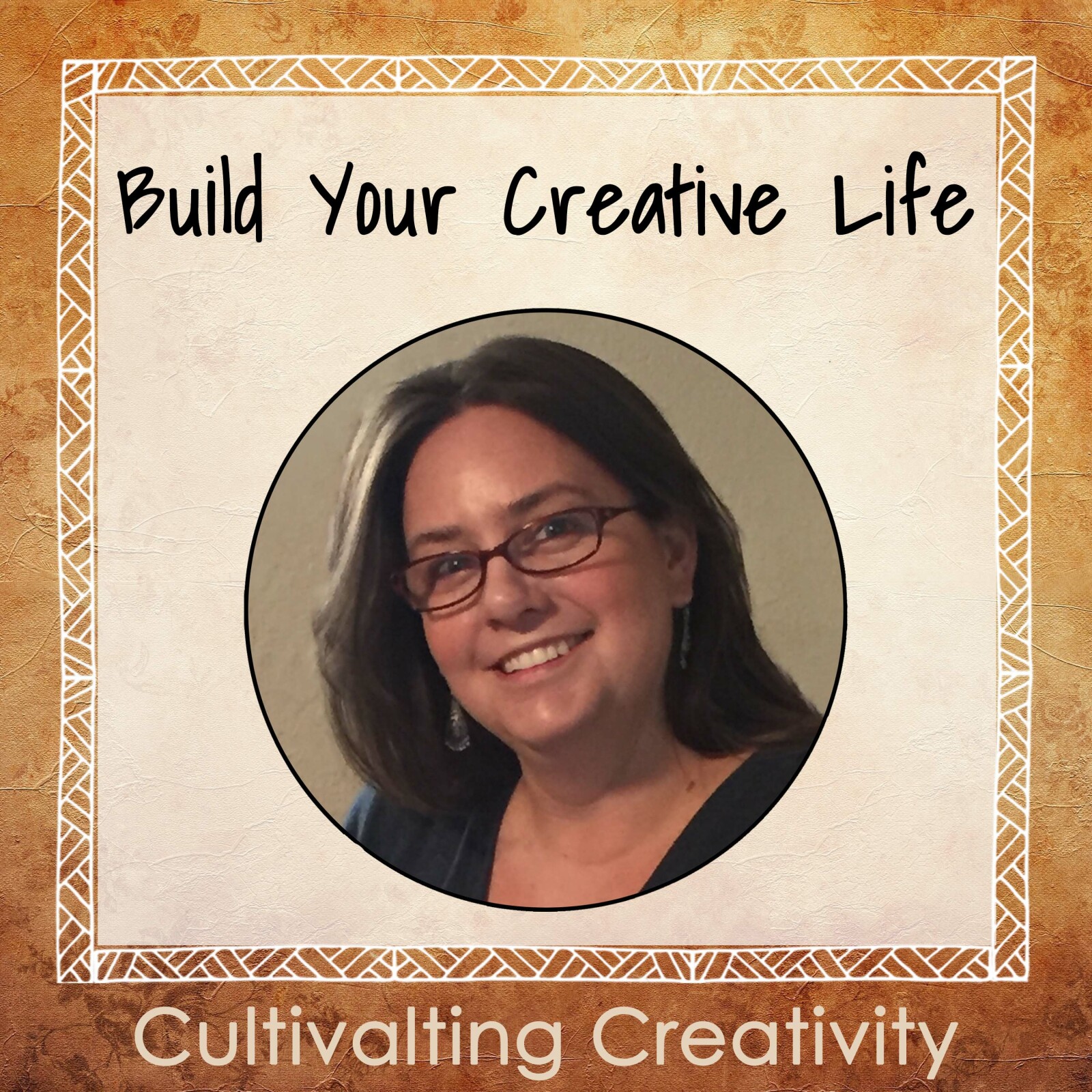
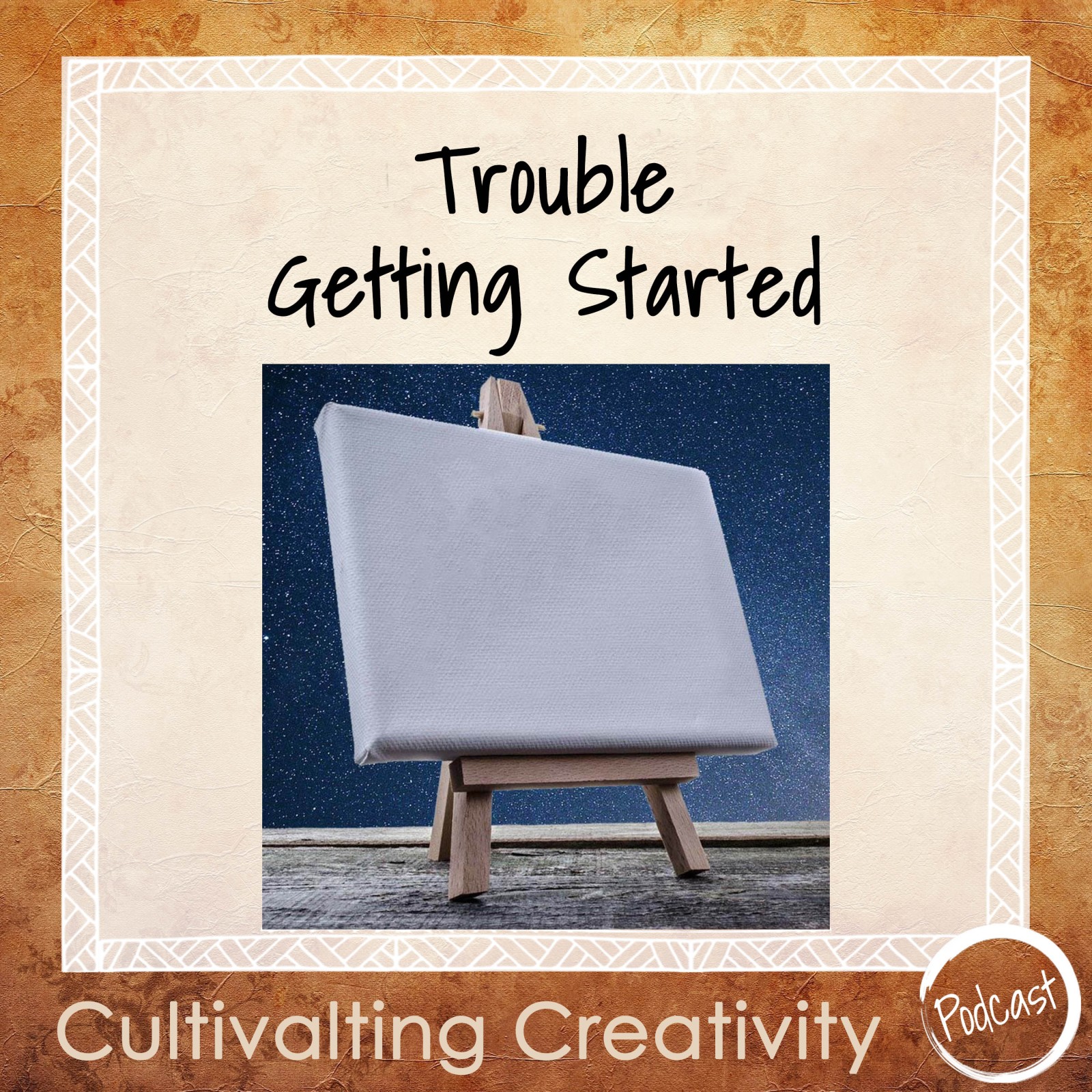
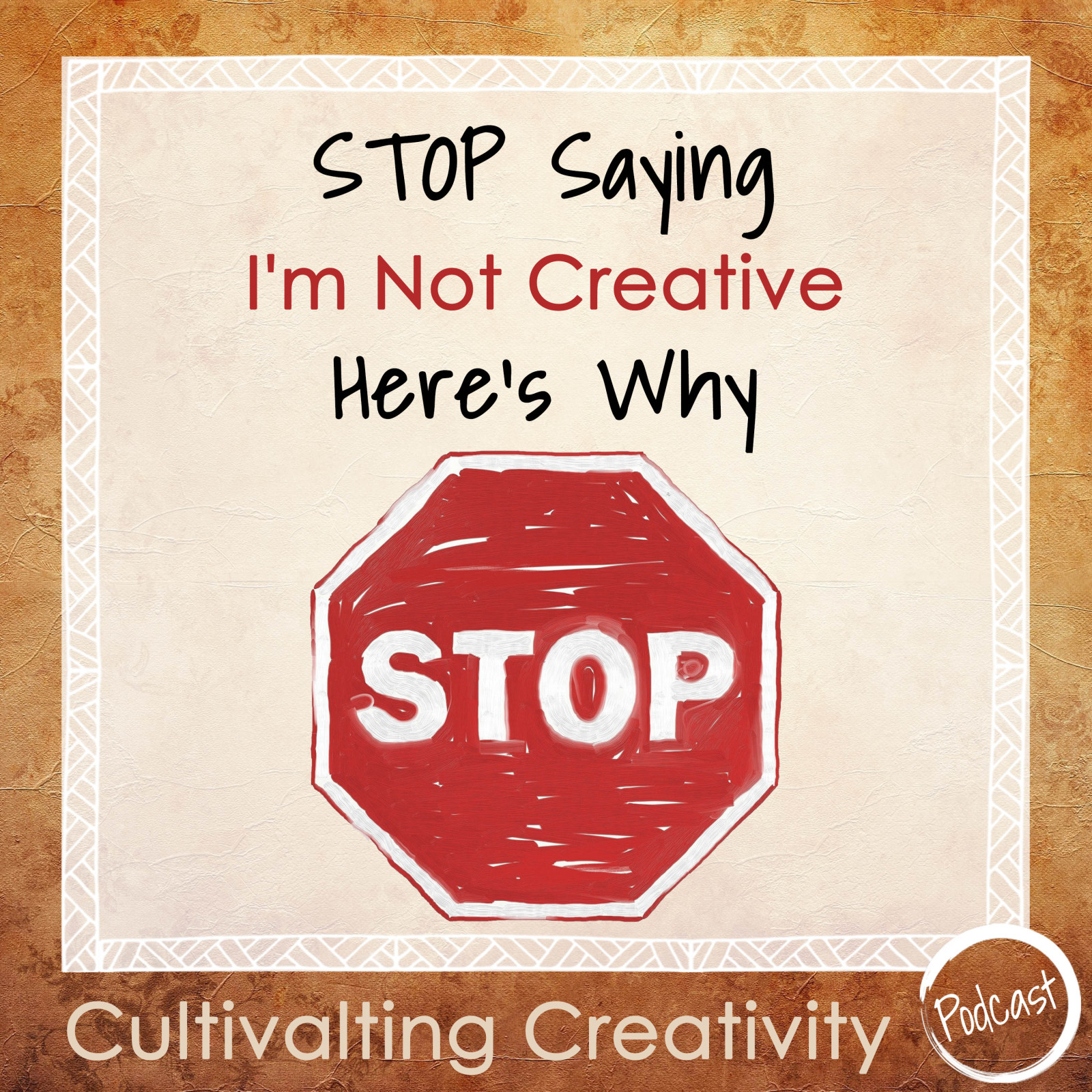
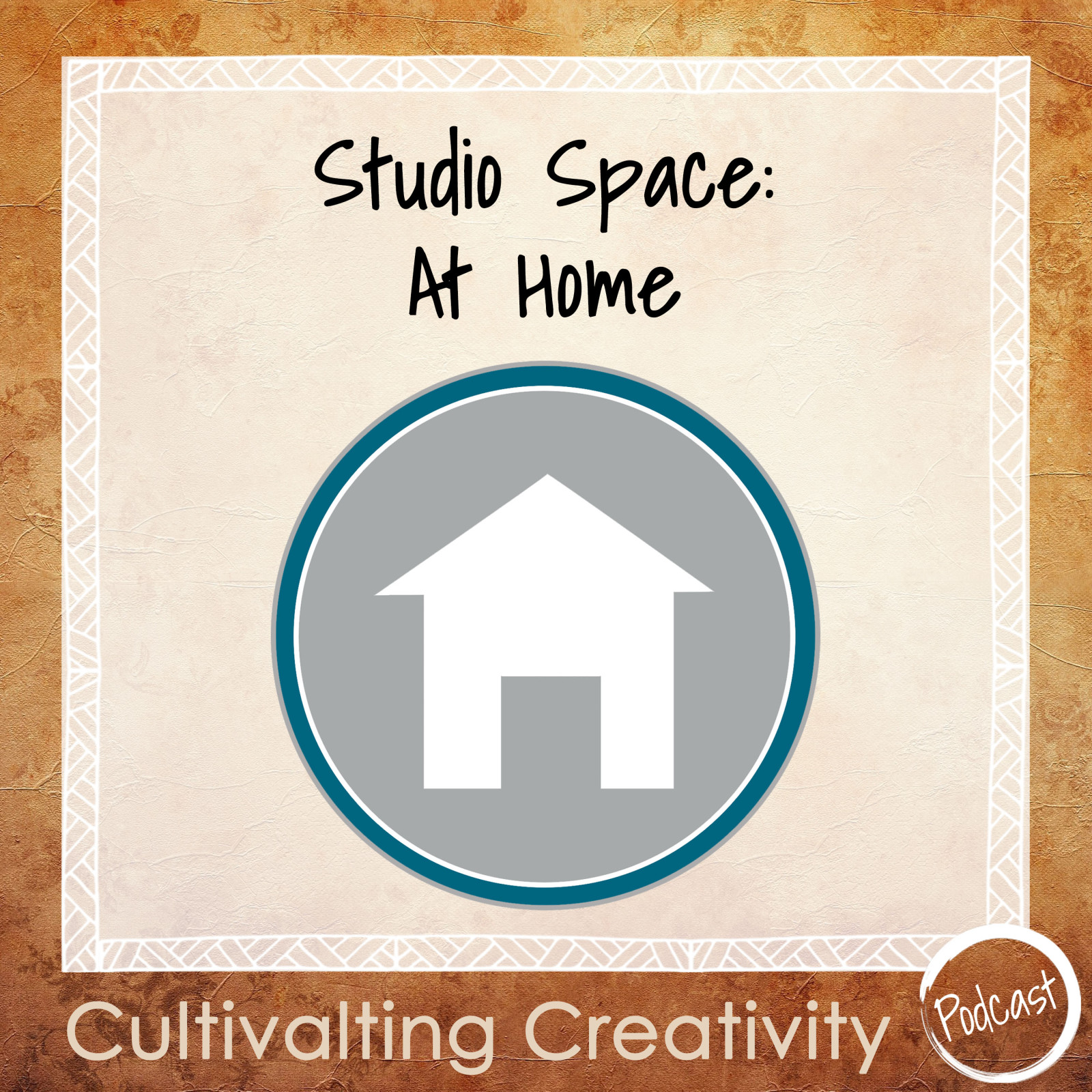
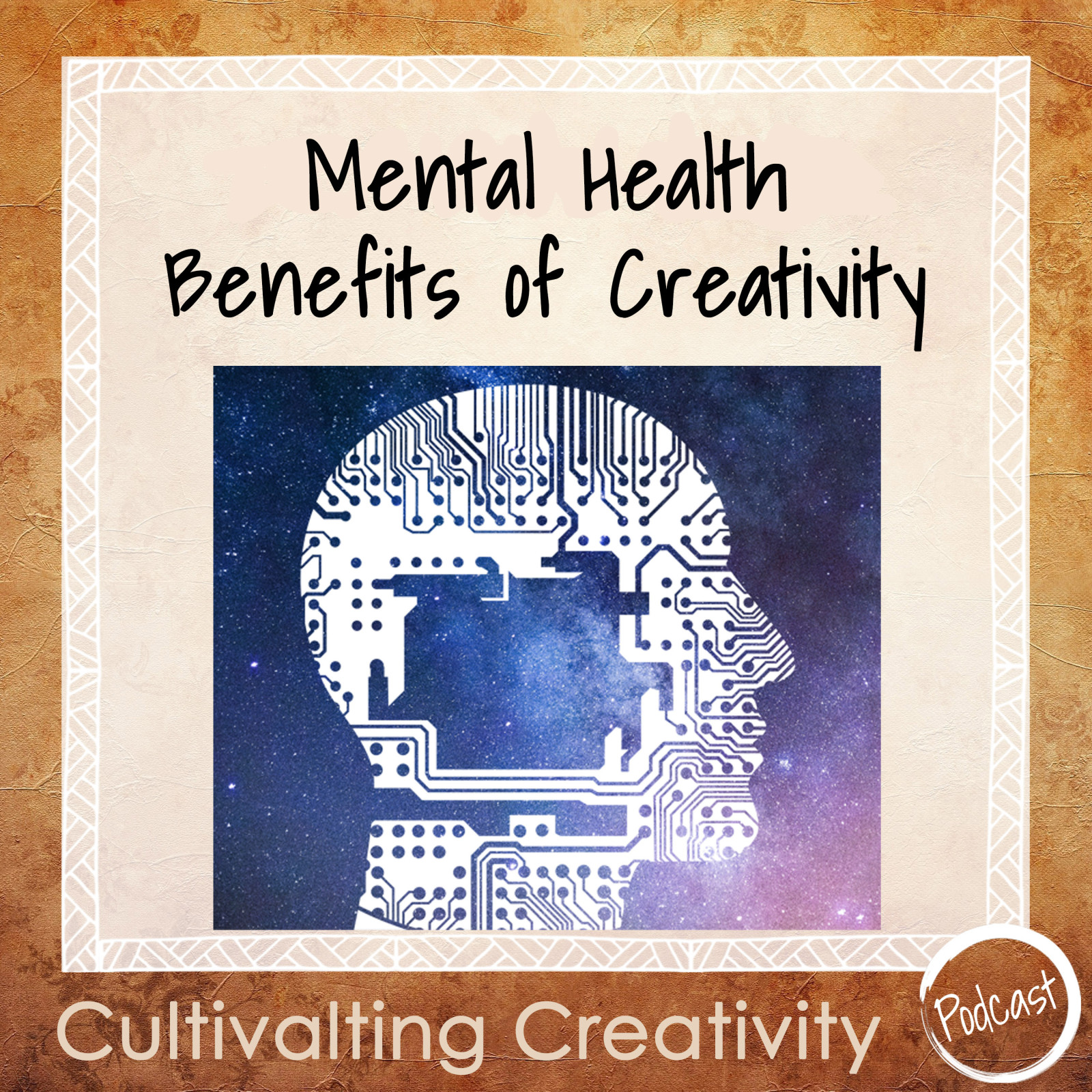
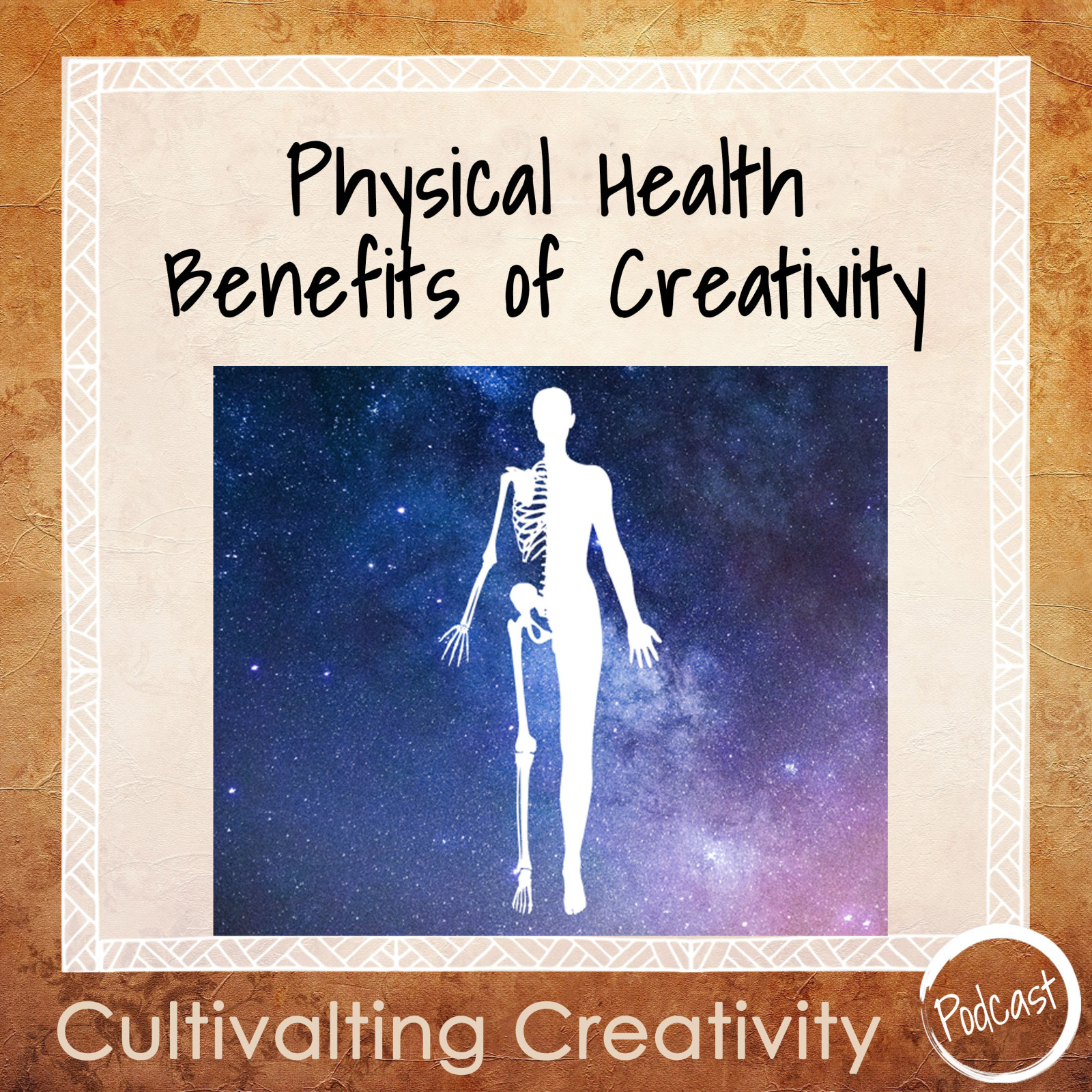
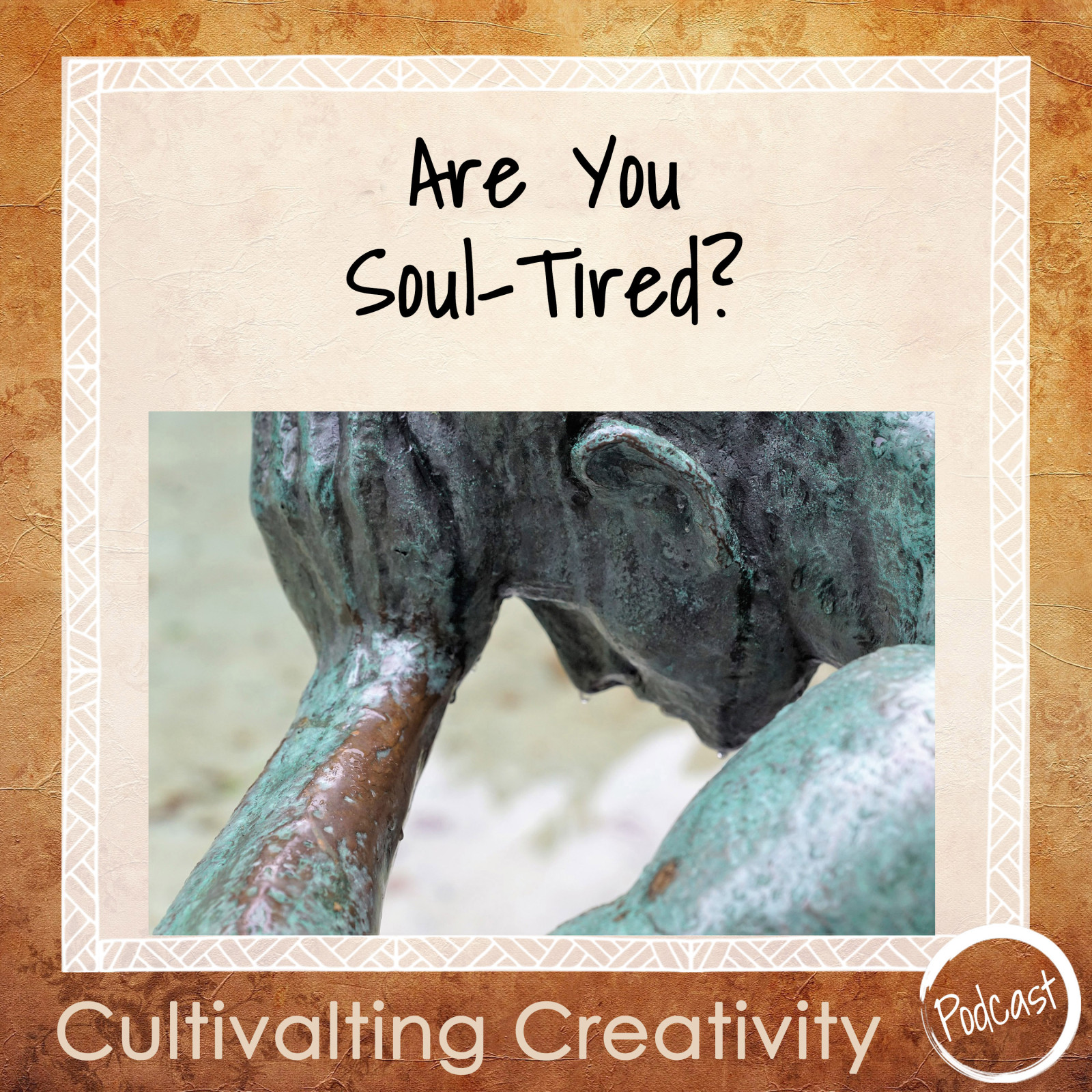
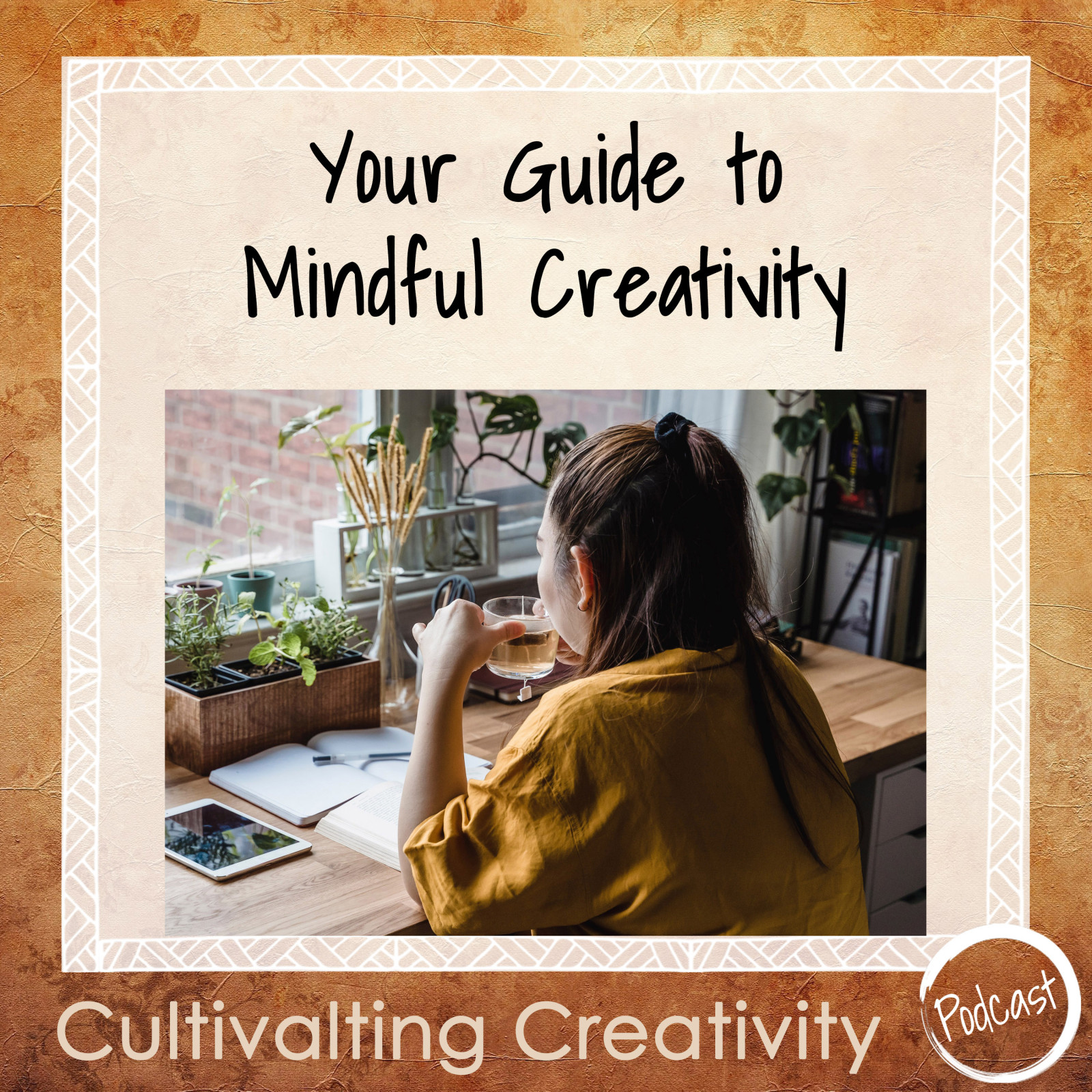
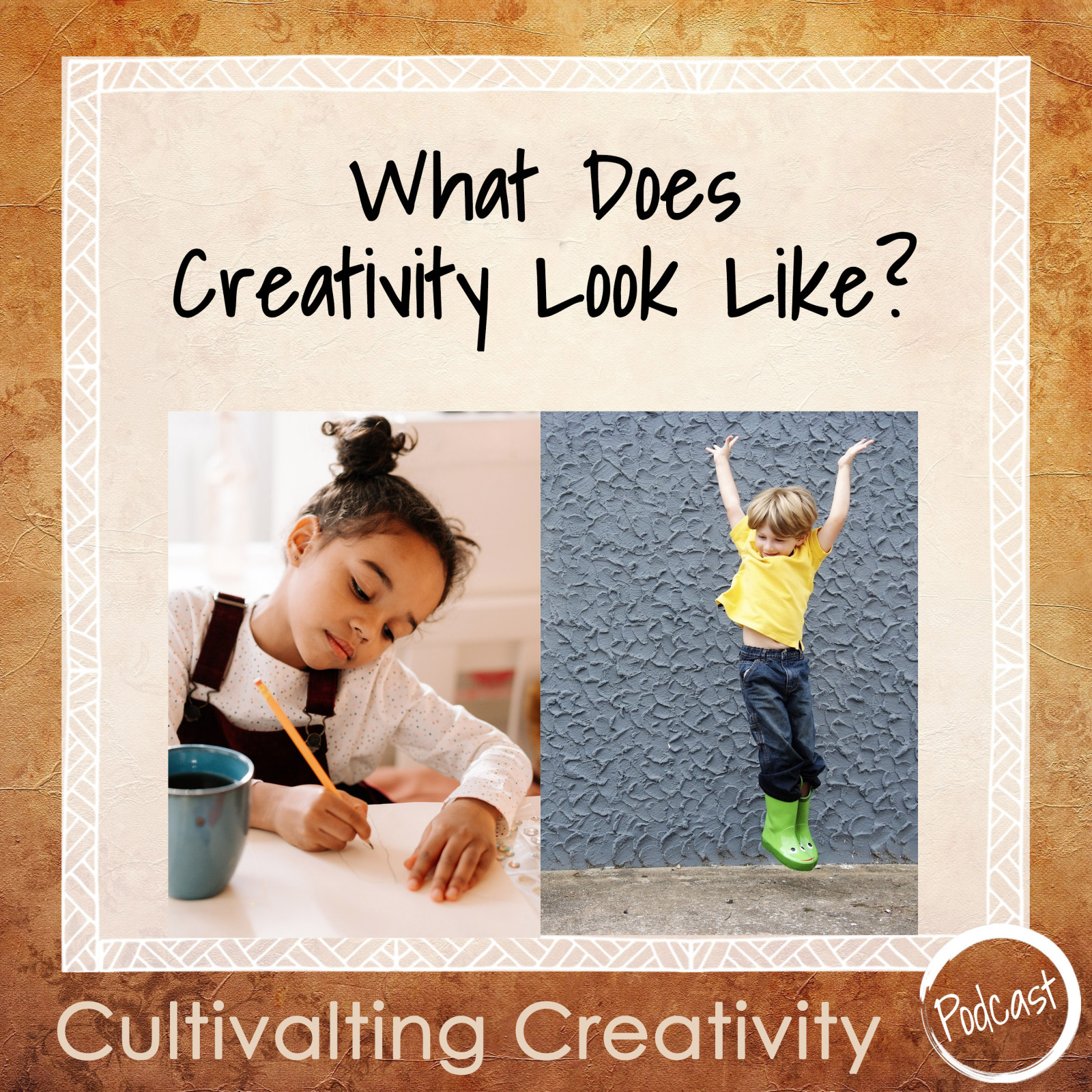
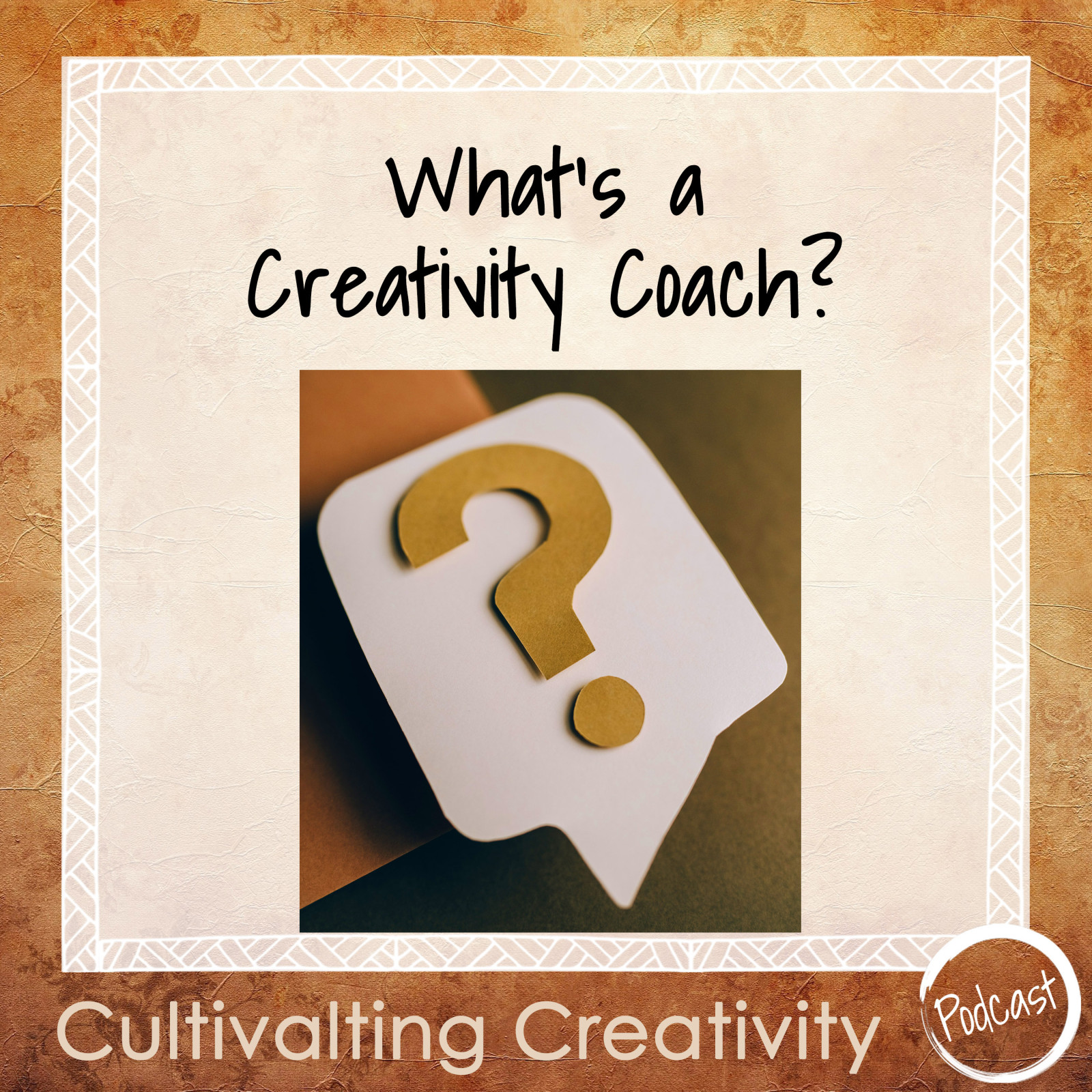
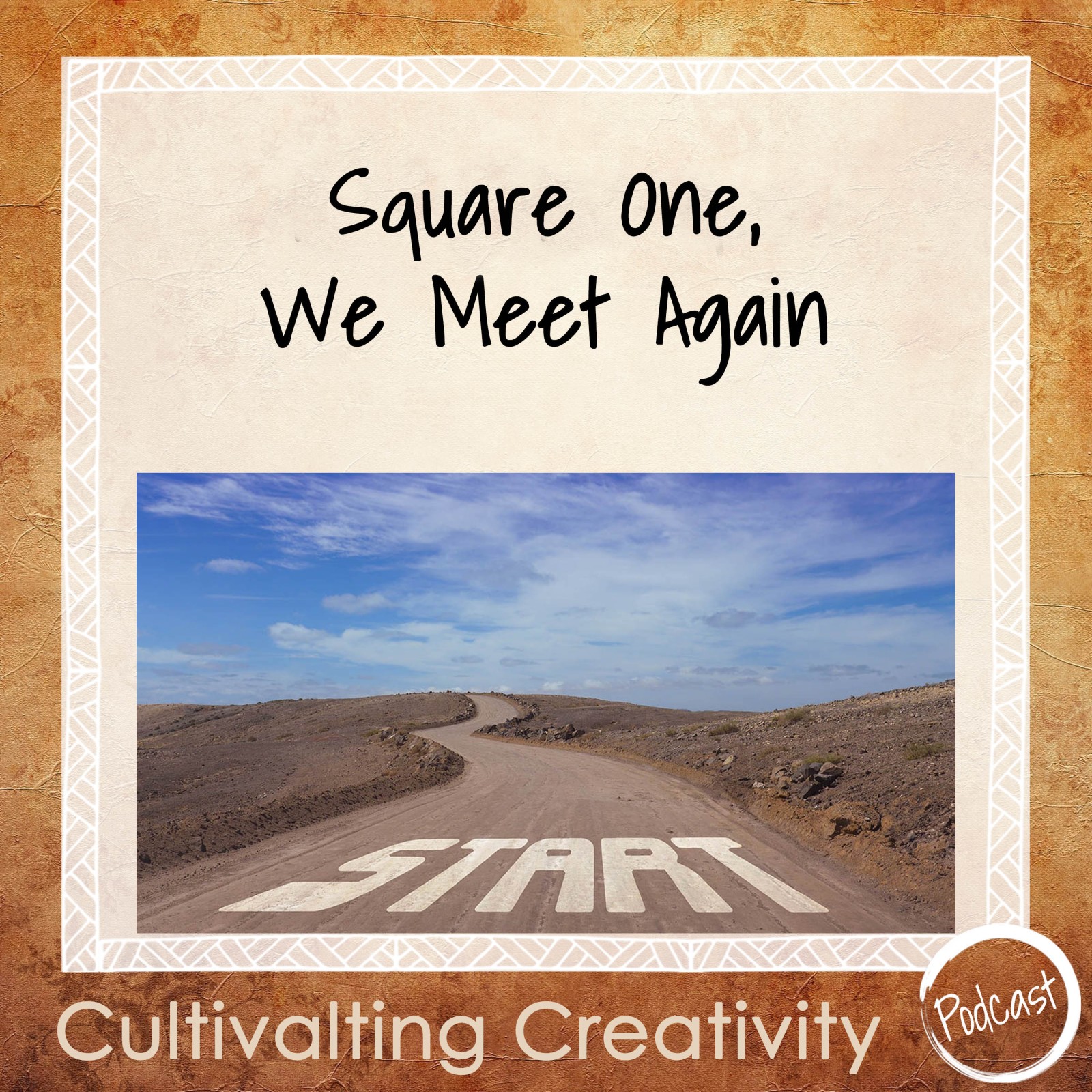




0 Comments